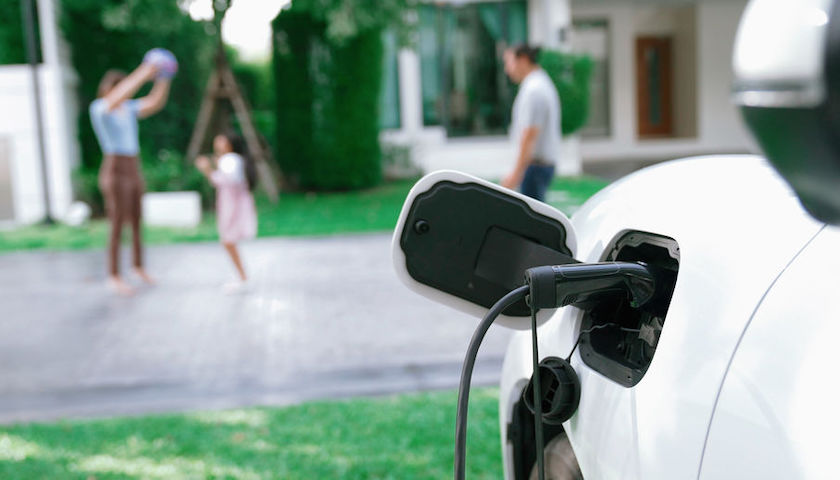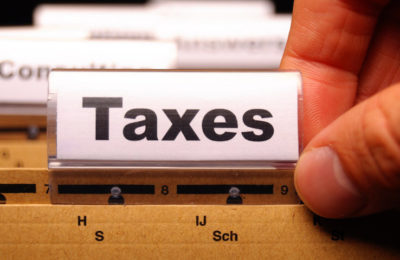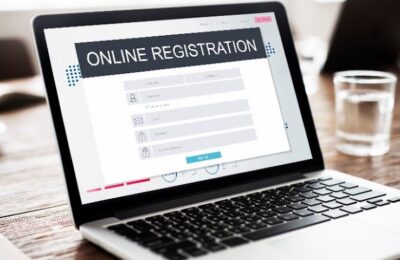If you have a fully electric company car, there are several ways an employer can reimburse you for electricity. They can pay you HMRC’s advisory rate per mile travelled for business purposes (currently 8p for home charging and 14p for public charging). They can give you charge cards for public chargers, or repay what you spend using them. Or they can reimburse you the cost of the electricity used for charging a company car at home.
While it’s far simpler to pay per mile travelled, this has its drawbacks. Given the current high cost of electricity, paying by mile may not reflect the true cost of the electricity used.
Using public chargers, on the other hand, is usually more expensive than charging a company car at home. Doing this, therefore, can push employers’ costs up.
Charging a company car at home is therefore attractive for two reasons. First, the electricity tends to be cheaper. Second, employees are reimbursed the actual costs of the electricity they pay for via their domestic bill.
Tax implications for charging a company car at home
Originally, HMRC maintained that if you charged a company car at home the reimbursement was taxable as earnings.
After a rethink, the taxman now believes the home charging of electric cars (and vans) falls within an exemption to the Income Tax (Earnings and Pensions) Act 2003. This bit of legislation also exempts things like vehicle repairs, insurance and road tax.
Confirming the new tax exemption for charging a company car at home, HMRC said:
“Following a review of our position, HMRC now accepts reimbursing part of a domestic energy bill, which is used to charge a company car or van, will fall within the exemption provided by section 239 ITEPA 2003.”
In a nutshell, the reimbursement you get for charging a company car at home is no longer taxable.
Are there conditions attached to the tax-free reimbursement?
There is one major condition you have to meet to be entitled to the tax-free refund. Essentially, you have to prove that the electricity was solely used to charge the company car or van.
Luckily, it’s simpler than ever to separate out electricity used for car charging from your domestic bill. Since 2019, all grant-funded charge points have had to have a data connection and be able to log usage. This means that you can check usage on the web or via an app.
Even better for employers, some modern charging points can be integrated with their payroll systems. This allows employees to automatically be reimbursed the correct amount for charging a company car at home.
Other tax perks for electric company cars
As more employers switch their fleets to electric vehicles, it’s worth knowing there are various other tax perks.
Firstly, there is no taxable benefit if the employer allows employees to charge their cars from a vehicle point at work.
Secondly, there’s no taxable benefit if an employer pays for a charging point to be installed at an employee’s home.
Thirdly, if an employer pays for charge cards for use at public charging points, these don’t count as a taxable benefit either.
Is it best to charge a company car at home?
There are certainly significant benefits to charging a company car at home. Electricity tends to be cheaper than at public charge points. You get reimbursed for the electricity you use, rather than a mileage rate that may not reflect the energy you’ve paid for. And you know your car will be fully charged in the morning. Now reimbursements are tax free, charging at home has just become that bit more attractive.
That said, how you charge your company car depends on what you use it for. If you have to travel long distances, charging at public access points is unavoidable. Also, if you can charge at work, it can save you the hassle of getting a charging point installed at home.
If you’d like any more information on the tax implications of electric company cars, speak to one of our accountants. We can even advise you how to offset the full cost of an electric vehicle!
About Mark Ingle
Owner-manager business specialist, Mark Ingle is key to building relationships with clients at the Chelmsford office. “I like to see clients enterprises grow and succeed.” Mark explains, “The team here has a lot to offer and I can see a lot of new businesses responding to that.”
Having worked for accountancy practices in London and Essex, Mark has worked with a range of companies varying in size. For Mark, THP stands out for its “local firm approach with the resources of a larger practice.”
Although a keen traveller, Mark is focused on giving his clients at THP the highest service, “Right now, I aim to help the clients we have to the best of my ability which will help me attract more of the right clients in the future.”
Mark’s specialist skills:
- Annual and Management Accounts
- Tax and VAT
- Strategy and Business Planning
- Marketing and Sales
- Business Development












